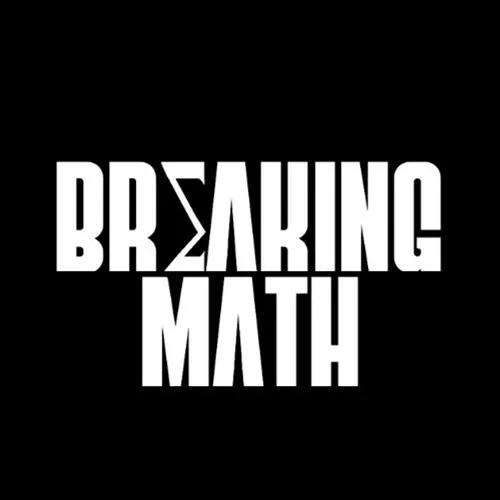
Breaking Math Podcast
Breaking Math is a deep-dive science, technology, engineering, AI, and mathematics podcast that explores the world through the lens of logic, patterns, and critical thinking. Hosted by Autumn Phaneuf, an expert in industrial engineering, operations research and applied mathematics, and Gabriel Hesch, an electrical engineer (host from 2016-2024) with a passion for mathematical clarity, the show is dedicated to uncovering the mathematical structures behind science, engineering, technology, and the systems that shape our future.
What began as a conversation about math as a pure and elegant discipline has evolved into a platform for bold, interdisciplinary dialogue. Each episode of Breaking Math takes listeners on an intellectual journey—whether it’s into the strange beauty of chaos theory, the ethical dilemmas of AI, the deep structures of biological evolution, or the thermodynamics of black holes. Along the way, Autumn and Gabriel interview leading thinkers and working scientists from across the spectrum: computer scientists, quantum physicists, chemists, philosophers, neuroscientists, and more.
But this isn’t just a podcast about equations—it’s a show about how mathematics influences the way we think, create, build, and understand. Breaking Math pushes back against the idea that STEM belongs behind a paywall or an academic podium. It’s for the curious, the critical, the creative—for anyone who believes that ideas should be rigorous, accessible, and infused with wonder.
If you've ever wondered:
* What’s the math behind machine learning?
* How do we quantify uncertainty in climate models?
* Can consciousness be described in AI?
* Why does beauty matter in an equation?
Then you’re in the right place.
At its heart, Breaking Math is about building bridges—between disciplines, between experts and the public, and between the abstract world of mathematics and the messy, magnificent reality we live in. With humor, clarity, and deep respect for complexity, Autumn and Gabriel invite you to rethink what math can be—and how it can help us shape a better future.
Listen wherever you get your podcasts.
Website: https://breakingmath.io [https://breakingmath.io/]
Linktree: https://linktr.ee/breakingmathmedia
Email: [email protected]
- Update frequency
- every 10 days
- Average duration
- 40 minutes
- Episodes
- 157
- Years Active
- 2017 - 2025
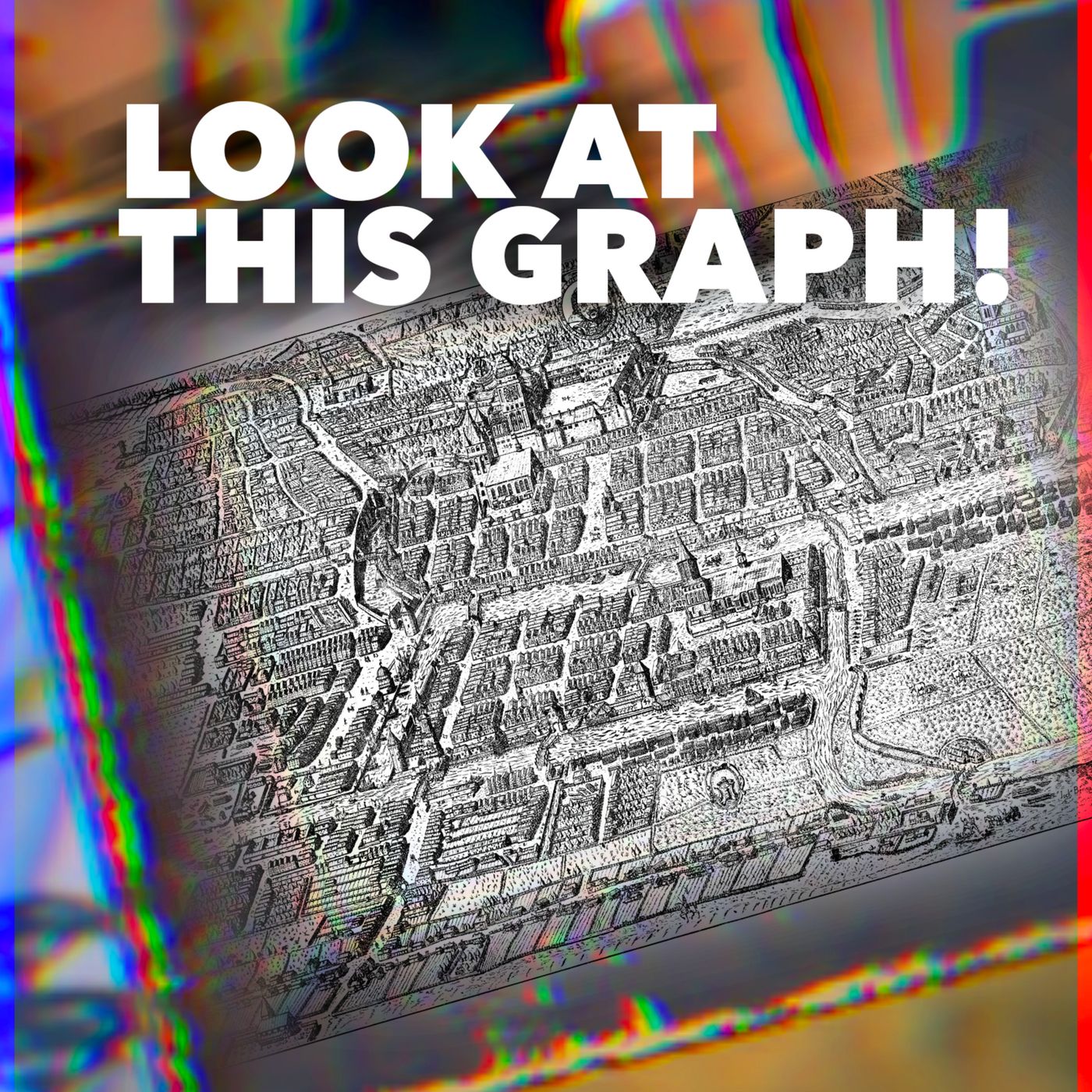
61: Look at this Graph! (Graph Theory)
In mathematics, nature is a constant driving inspiration; mathematicians are part of nature, so this is natural. A huge part of nature is the idea of things like networks. These are represented by ma…
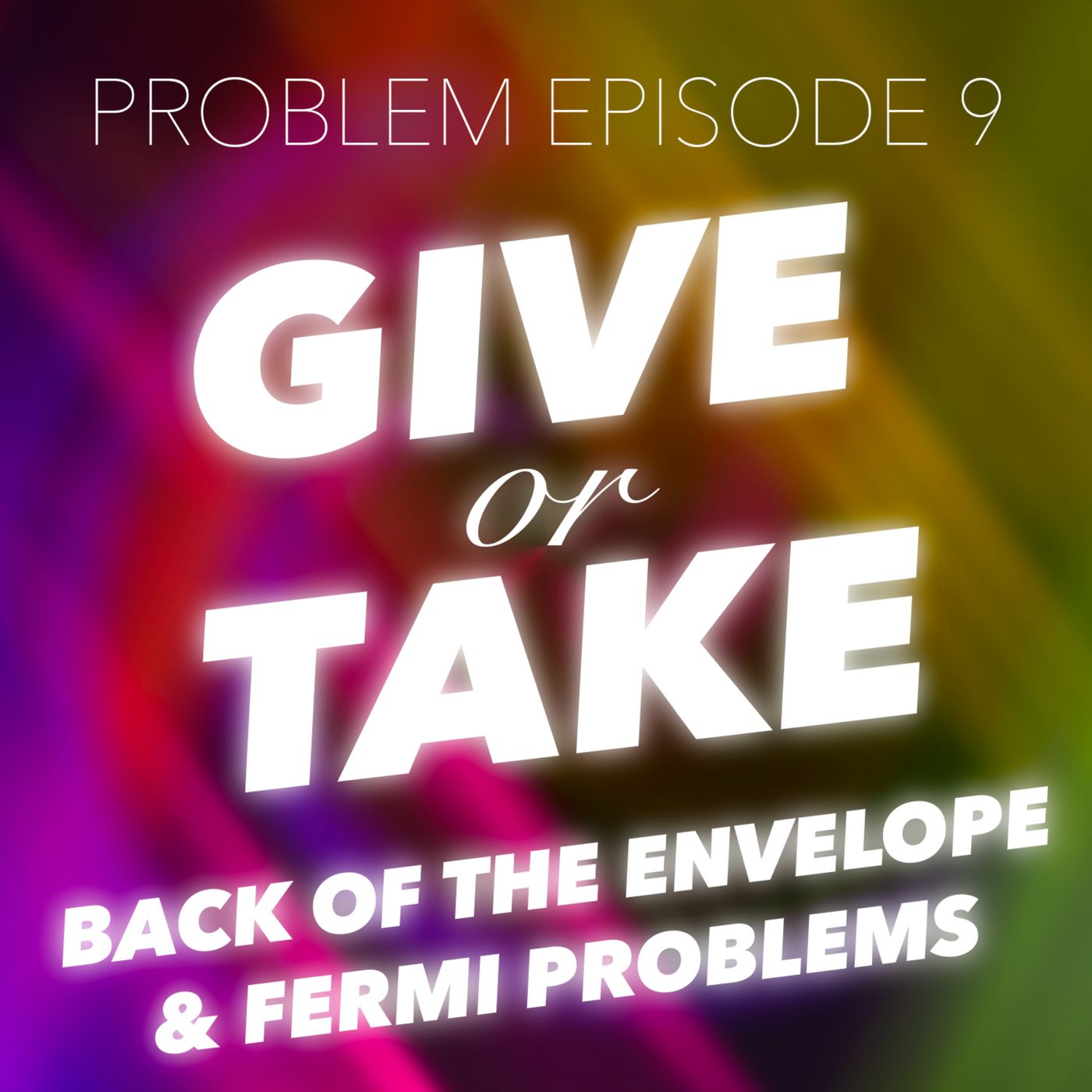
P9: Give or Take (Back-of-the-Envelope Estimates / Fermi Problems)
How many piano tuners are there in New York City? How much cheese is there in Delaware? And how can you find out? All of this and more on this problem-episode of Breaking Math.
This episode distribute…
![60: HAMILTON! [But Not the Musical] (Quaternions)](https://media.zencastr.com/image-files/614e1812aa193a007ec6f40f/fde91f20-d142-4408-b0e9-de6727fdd58b.jpg)
60: HAMILTON! [But Not the Musical] (Quaternions)
i^2 = j^2 = k^2 = ijk = -1. This deceptively simple formula, discovered by Irish mathematician William Rowan Hamilton in 1843, led to a revolution in the way 19th century mathematicians and scientist…

59: A Good Source of Fibers (Fiber Bundles)
Mathematics is full of all sorts of objects that can be difficult to comprehend. For example, if we take a slip of paper and glue it to itself, we can get a ring. If we turn it a half turn before glu…
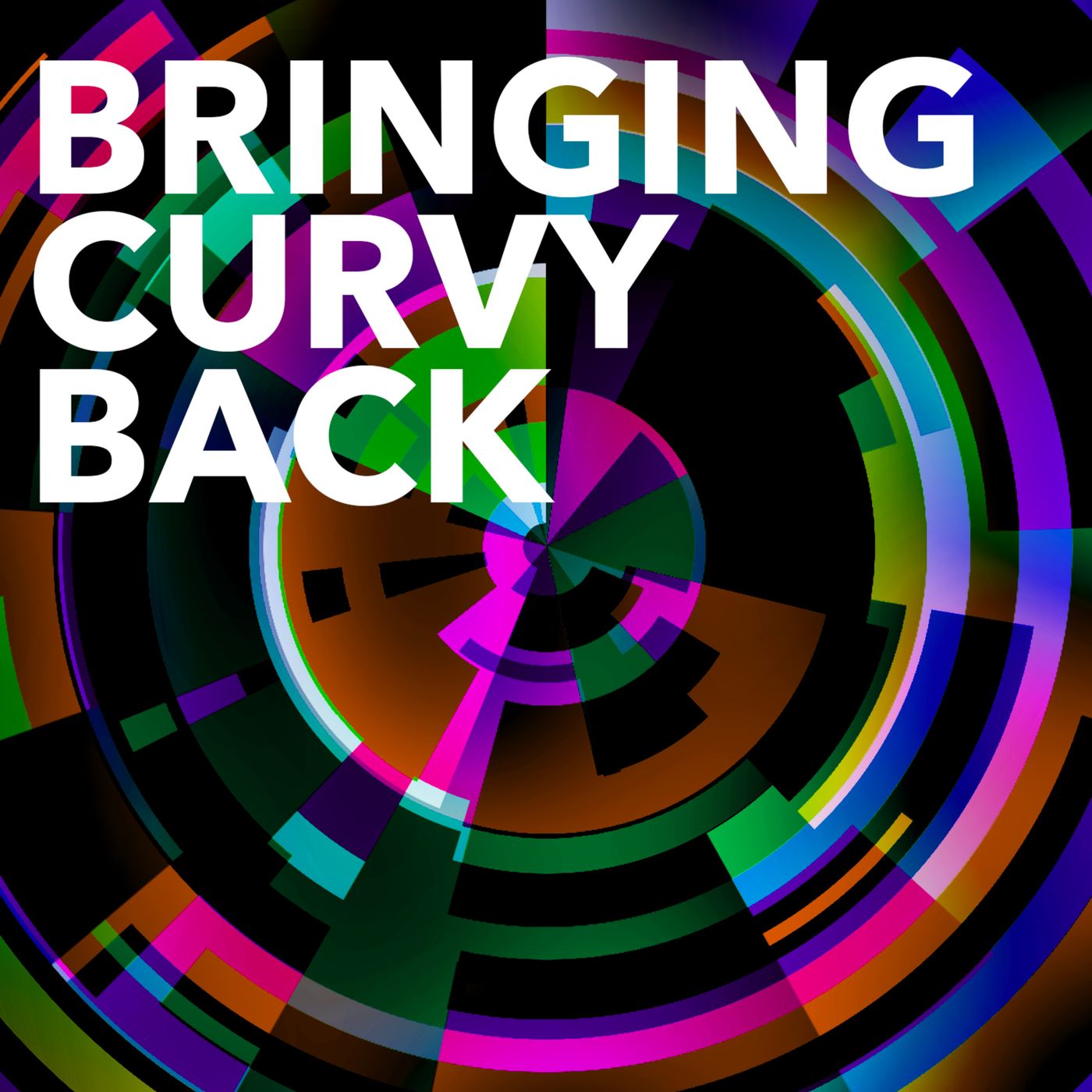
58: Bringing Curvy Back (Gaussian Curvature)
In introductory geometry classes, many of the objects dealt with can be considered 'elementary' in nature; things like tetrahedrons, spheres, cylinders, planes, triangles, lines, and other such conce…

P8: Tangent Tango (Morikawa's Recently Solved Problem)
Join Sofía and Gabriel as they talk about Morikawa's recently solved problem, first proposed in 1821 and not solved until last year!
Also, if you haven't yet, check out our sponsor The Great Courses a…
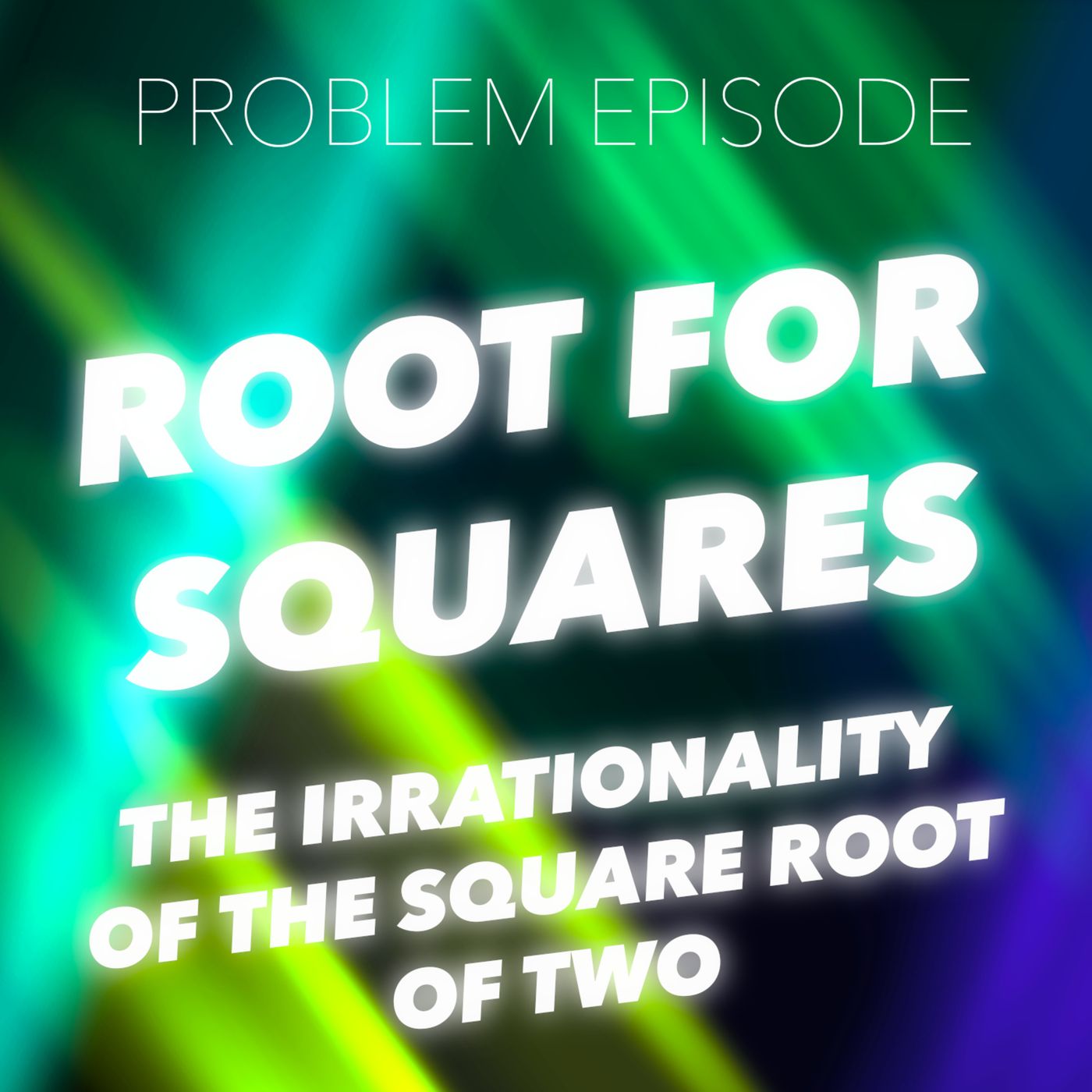
P7: Root for Squares (Irrationality of the Square Root of Two)
Join Sofía and Gabriel as they discuss an old but great proof of the irrationality of the square root of two.
[Featuring: Sofía Baca, Gabriel Hesch]
Patreon-Become a monthly supporter at patreon.com/br…

57: You Said How Much?! (Measure Theory)
If you are there, and I am here, we can measure the distance between us. If we are standing in a room, we can calculate the area of where we're standing; and, if we want, the volume. These are all ex…
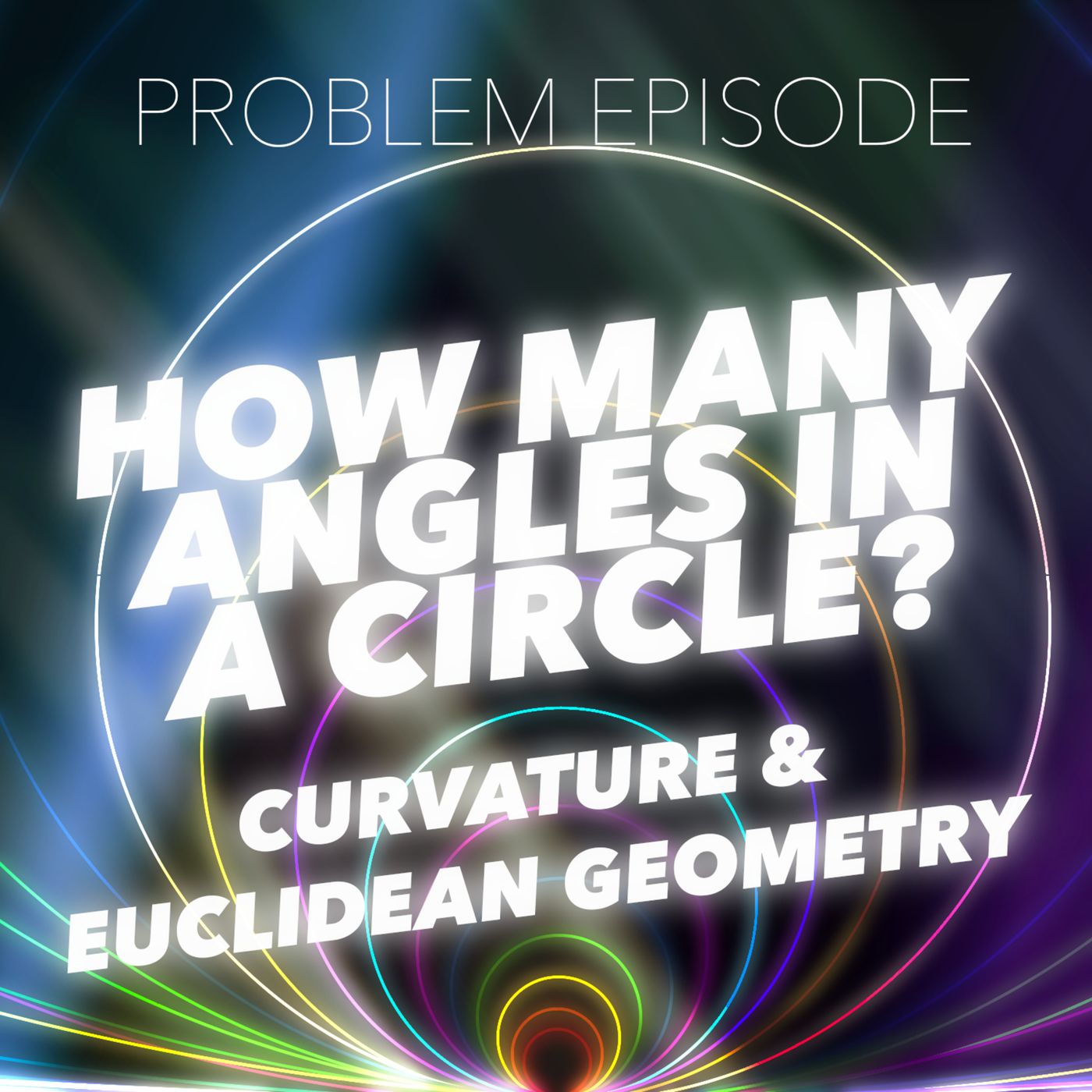
P6: How Many Angles in a Circle? (Curvature; Euclidean Geometry)
Sofía and Gabriel discuss the question of "how many angles are there in a circle", and visit theorems from Euclid, as well as differential calculus.
This episode is distributed under a CC BY-SA 4.0 li…
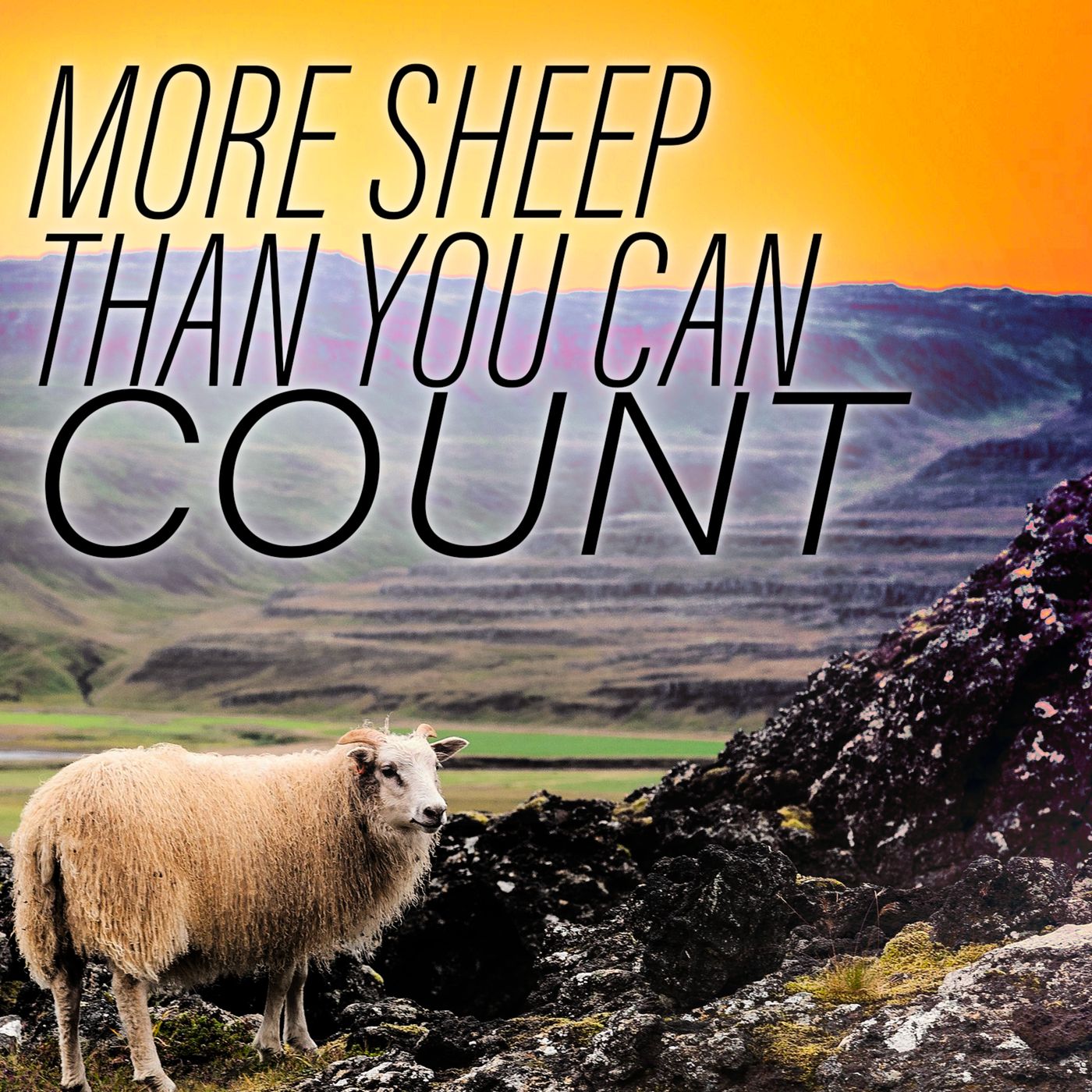
56: More Sheep than You Can Count (Transfinite Cardinal Numbers)
Look at all you phonies out there.
You poseurs.
All of you sheep. Counting 'til infinity. Counting sheep.
*pff*
What if I told you there were more there? Like, ... more than you can count?
But what would …
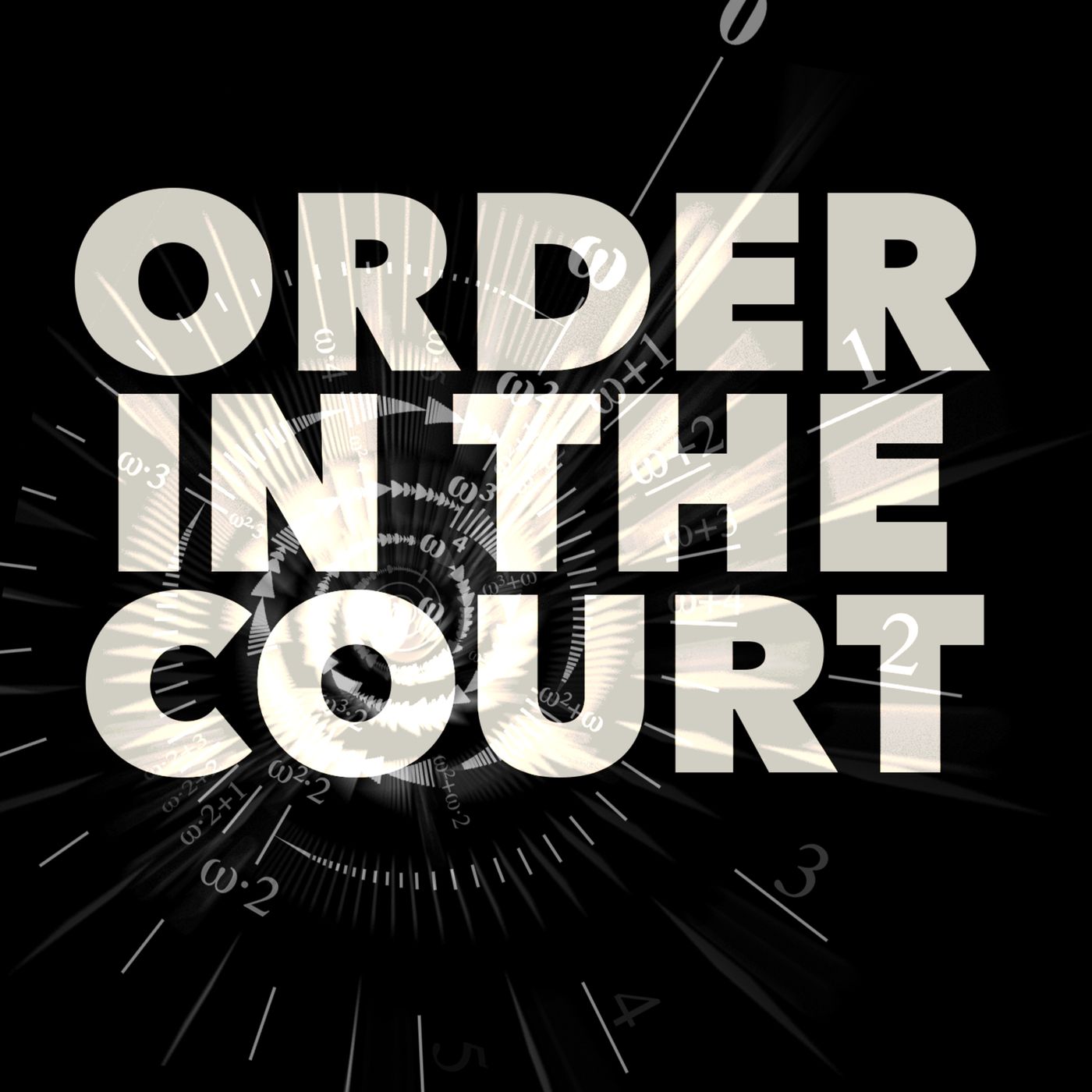
55: Order in the Court (Transfinite Ordinal Numbers)
As a child, did you ever have a conversation that went as follows:
"When I grow up, I want to have a million cats"
"Well I'm gonna have a billion billion cats"
"Oh yeah? I'm gonna have infinity cats"
"Th…
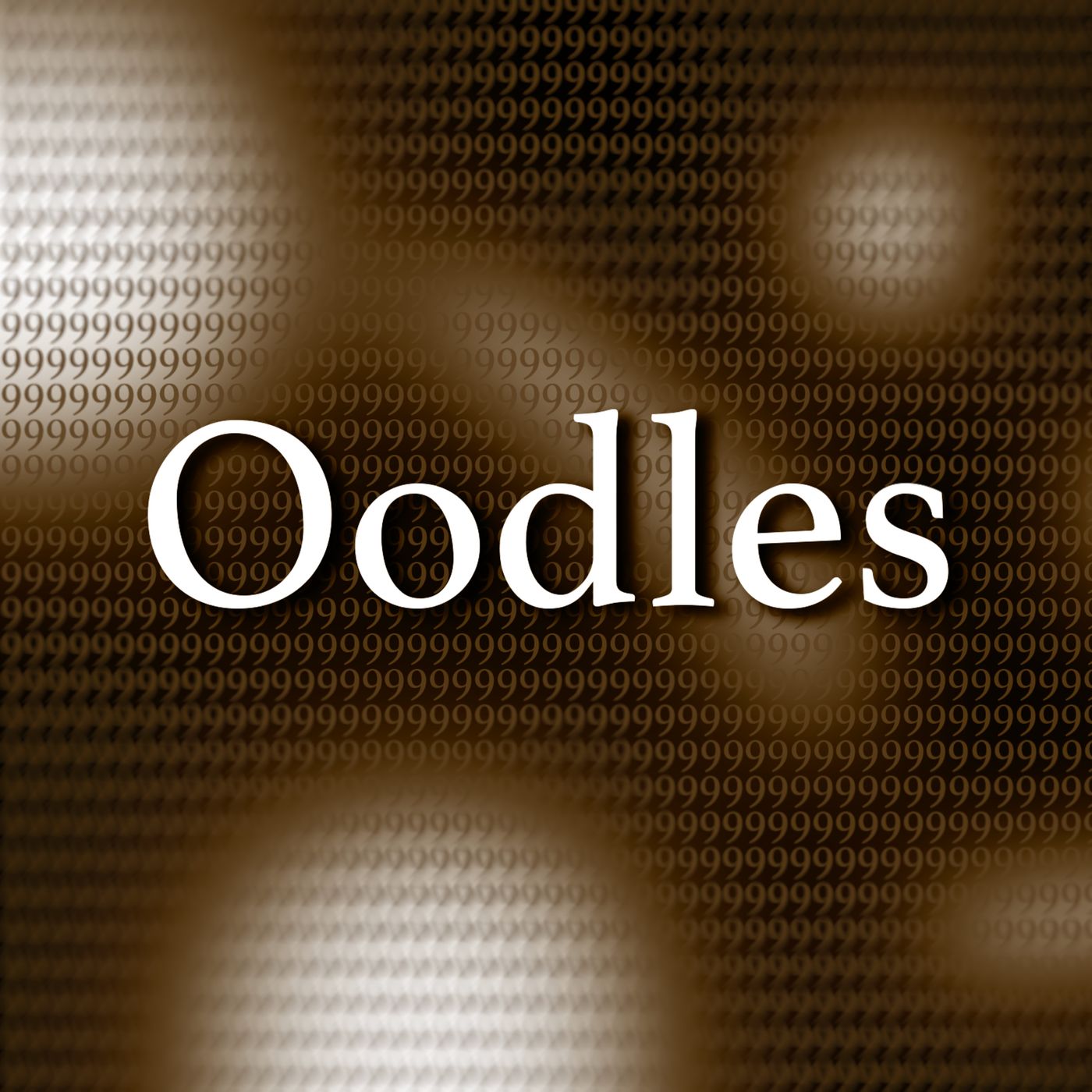
54: Oodles (Large Numbers)
There are a lot of things in the universe, but no matter how you break them down, you will still have far fewer particles than even some of the smaller of what we're calling the 'very large numbers'.…
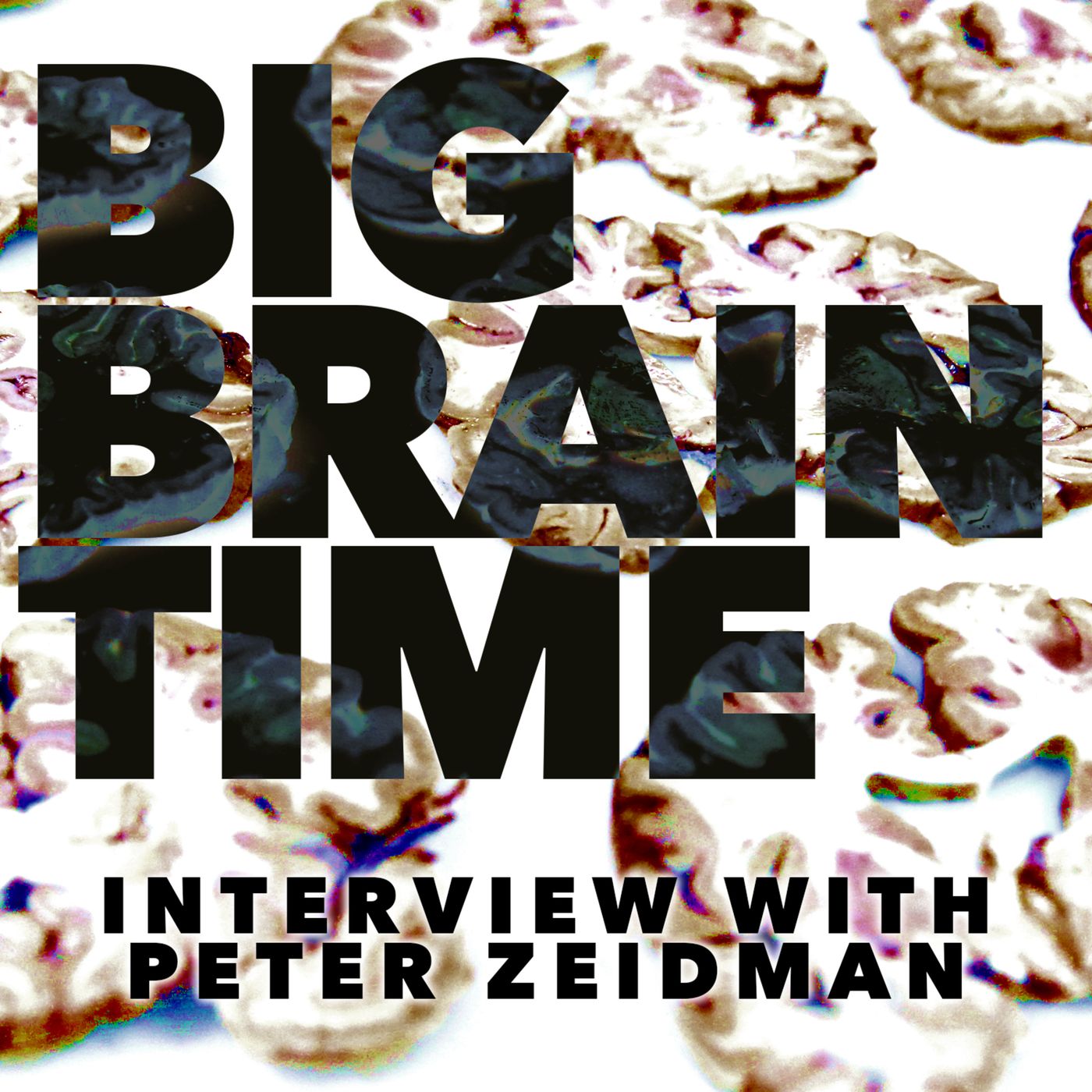
53: Big Brain Time (An Interview with Peter Zeidman from the UCL Institute of Neurology)
Neuroscience is a topic that, in many ways, is in its infancy. The tools that are being used in this field are constantly being honed and reevaluated as our understanding of the brain and mind increa…

52: Round (Circles and Spheres)
Spheres and circles are simple objects. They are objects that are uniformly curved throughout in some way or another. They can also be defined as objects which have a boundary that is uniformly dista…

P5: All Your Base Are Belong to Us (Fractional Base Proof)
Join Sofia and Gabriel on this problem episode where we explore "base 3-to-2" — a base system we explored on the last podcast — and how it relates to "base 3/2" from last episode.
[Featuring: Sofía Ba…
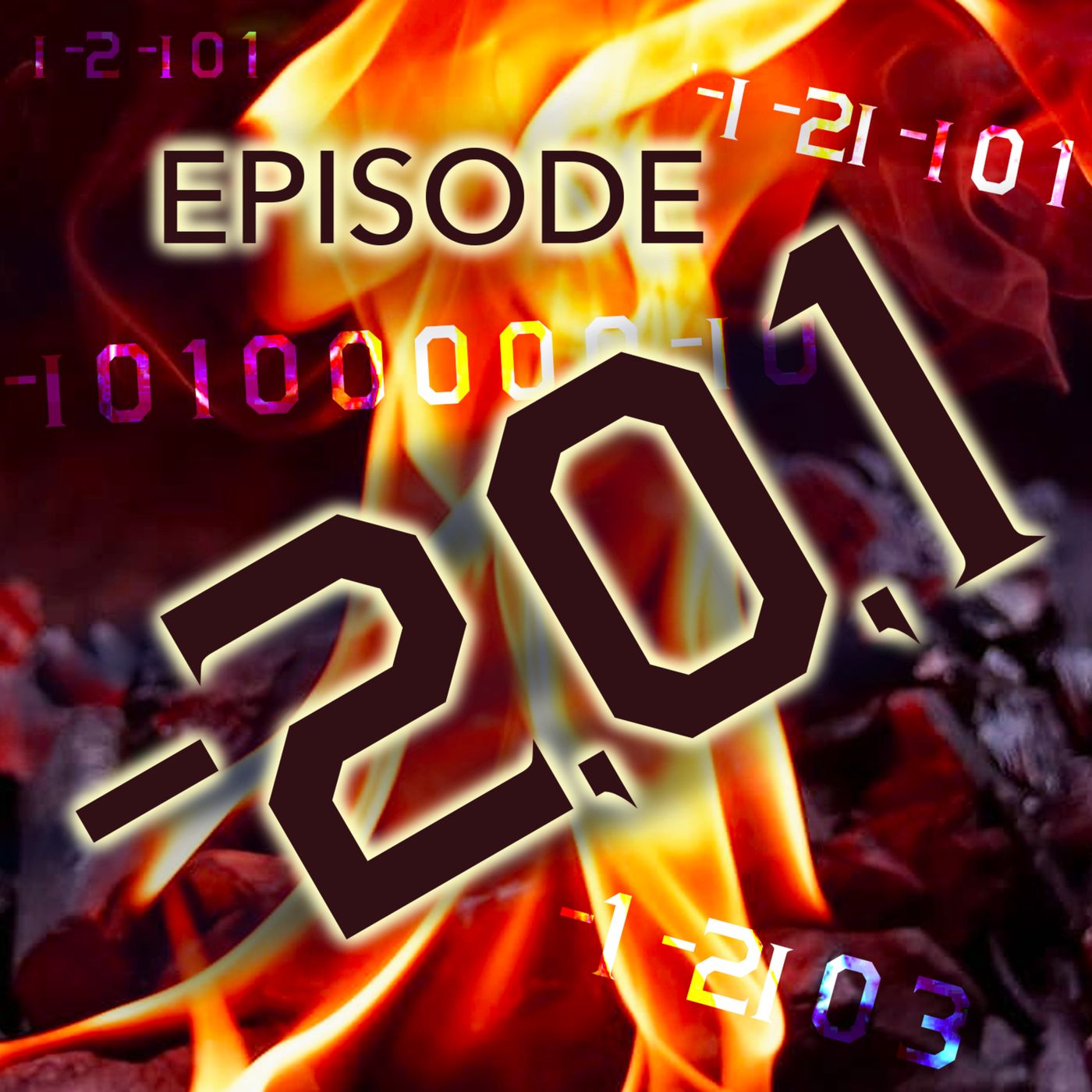
51: Episode "-2,0,1" (Bases; Exotic Bases)
A numerical base is a system of representing numbers using a sequence of symbols. However, like any mathematical concept, it can be extended and re-imagined in many different forms. A term used occas…

50: Episode "101" (Bases)
Numbering was originally done with tally marks: the number of tally marks indicated the number of items being counted, and they were grouped together by fives. A little later, people wrote numbers do…
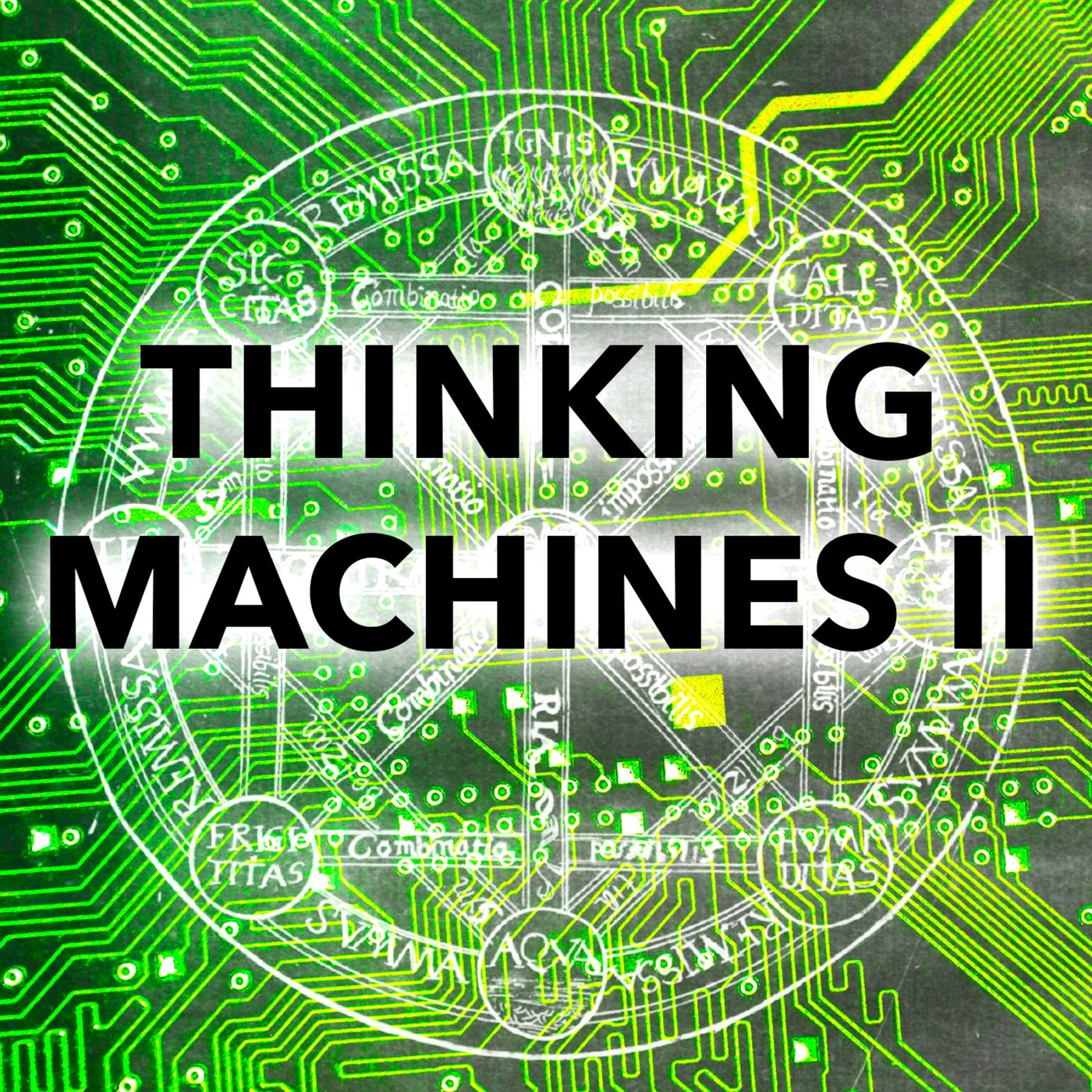
49: Thinking Machines II (Techniques in Artificial Intelligence)

48: Thinking Machines (Philosophical Basis of Artificial Intelligence)
Machines, during the lifetime of anyone who is listening to this, have advanced and revolutionized the way that we live our lives. Many listening to this, for example, have lived through the rise of …
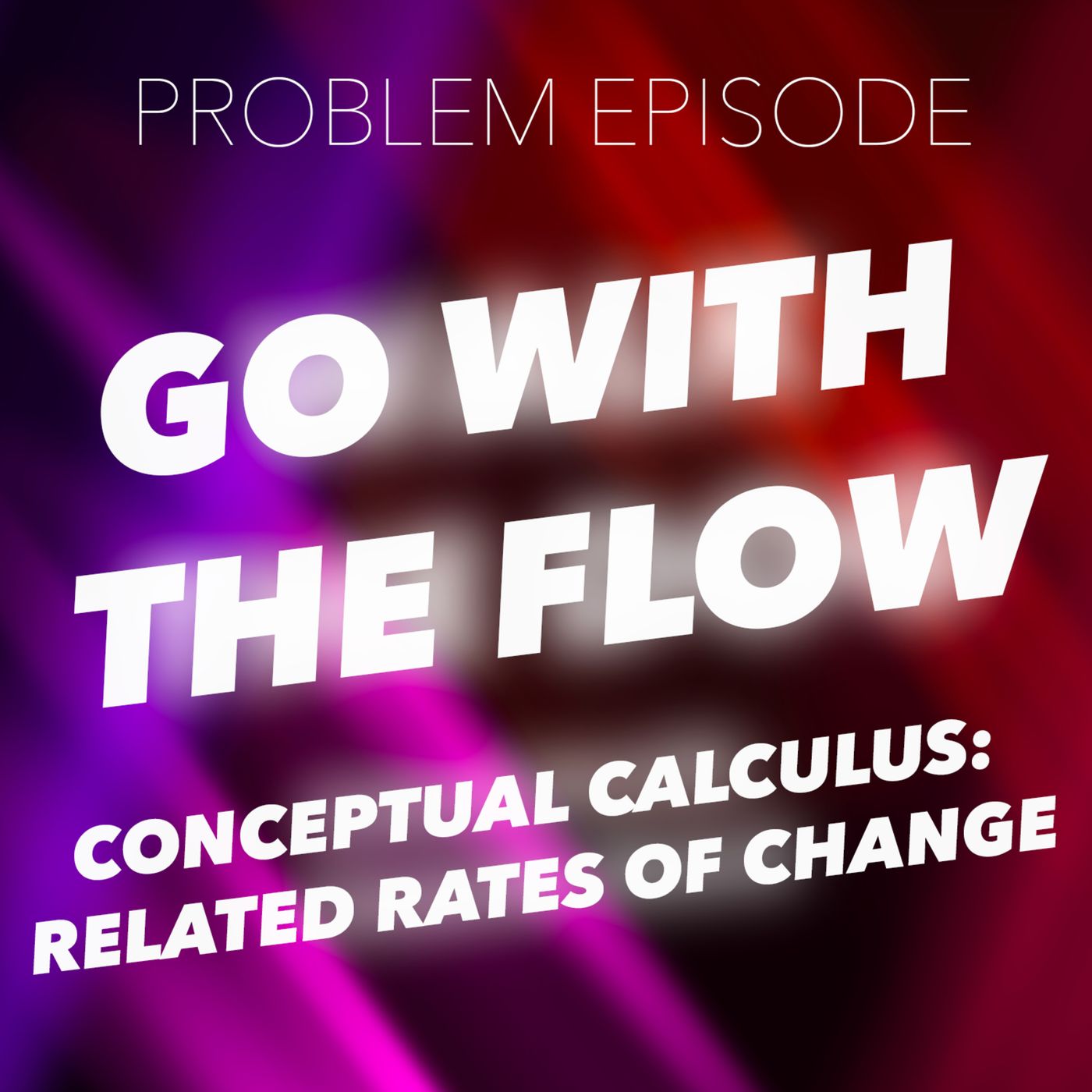
P4: Go with the Flow (Conceptual Calculus: Related Rates of Change)
Join Gabriel and Sofía as they delve into some introductory calculus concepts.
[Featuring: Sofía Baca, Gabriel Hesch]
Ways to support the show:
Patreon Become a monthly supporter at patreon.com/breaking…